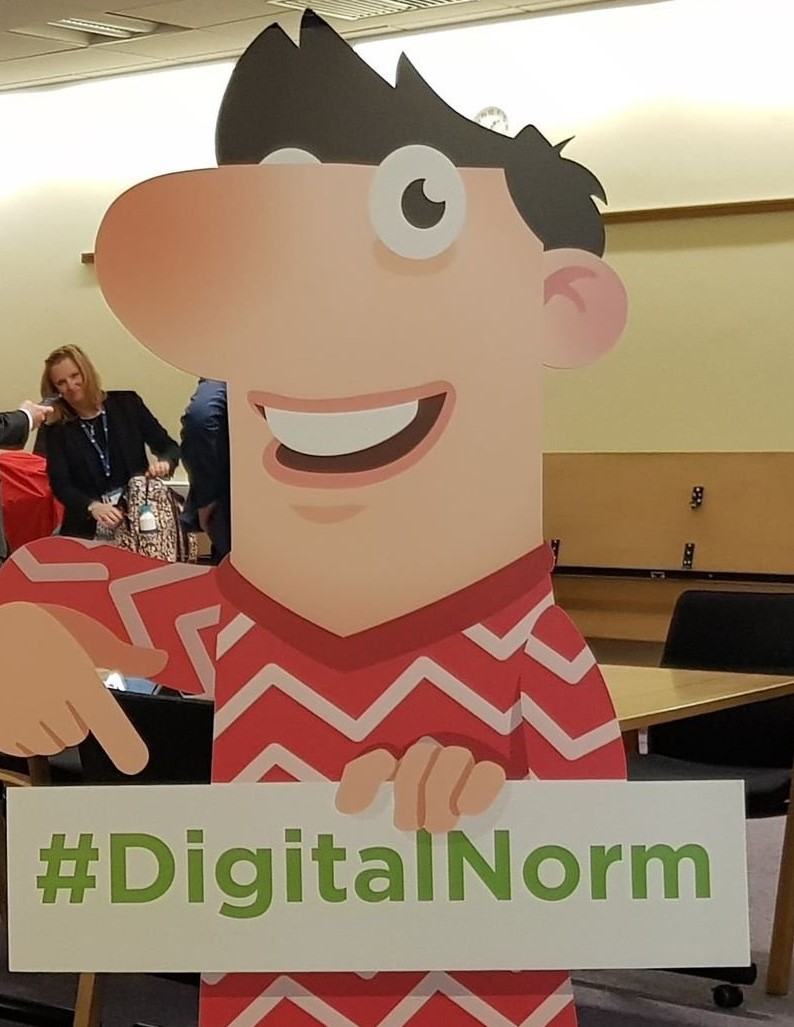Over the past year we have been fortunate to work in the gentle rolling hills of idyllic Dorset on a digital inclusion project with the county council, using our approach we call ‘Switch’. We really enjoyed working in Dorset, not only because it’s a beautiful area of the UK, but also because we were so impressed with the incredible digital inclusion work already happening on the ground there.
Getting switched on!
If digital inclusion work was already full steam ahead then why did Dorset approach us? Good question.
Many organisations recognise that their clients lack digital skills and try to apply an overnight fix. Dorset Council had already realised that this wasn’t the answer.
Motivating and supporting people with digital skills takes time, patience and multiple interventions. It’s not a quick, easy job. Particularly when, as we estimate, across Dorset there are approximately 68,000 people who have no basic digital skills, and around 137,000 who lack some basic digital skills.
To simplify our Switch model to the most basic elements, there are three:
- Evidence
- Partnership
- Digital Champions
I’m all for simplifying things but simply describing Switch in that way is misleading, as there is so much more to it. Every Switch project we run is unique, tailored to the client. As we said, Dorset Council already had some fantastic examples of digital inclusion best practice in place.[1]
A cross-sector partnership, called the ‘Routes to Inclusion Group’, born out of the superfast broadband rollout, was meeting every quarter to discuss digital inclusion. A volunteer digital champions programme was also set up and actively recruiting. Dorset County Council (as it was at the beginning of the project) had also realised that they would need more detailed evidence than the Tech Partnership digital exclusion heatmap could provide.
So they had produced more maps to pinpoint where people more likely to be digitally excluded lived, across the county. A staff skills audit had also been produced, which is so important to support digital transformation – and digital inclusion must sit at the heart of this. These are all important pieces that we would recommend to any organisation interested in improving residents basic digital skills.
What Dorset Council asked us to do was to build on all of this important groundwork, and give recommendations of how to improve.
Workshops, maps and resourcing – how we supported Dorset
During the project we facilitated four interactive workshops for the Routes to Inclusion Group and engaged with many more organisations to improve the reach of the group, with more strength in numbers and increase participation. We surveyed and interviewed partners and trained staff from all partnership organisations in Digital Leadership. With the public sector expecting so much more from the third sector, it’s important to empower everyone to become a better digital leader and embrace new ways of working.
We built on the existing maps, looking in more detail at where those most at risk of being excluded are living. We mapped community assets in these areas and identified new areas of focus for the group and their digital champions. Finally, with access to the Digital Champions Network as part of our Switch package, this offered new support and online training for Digital Champions. None of these actions are borne out of piecemeal, short-term thinking. We know that technology changes fast and new skills and life-long learning are bread and butter for inclusion.
A rosy future
The future is looking rosy for Dorset Council as they continue to engage with more organisations and share best practice with the Digital Dorset group. The appetite for change and new ways of working is perfect timing as the new council was formed in March 2019. We continue to keep in touch with the project and look forward to hearing about their sustained success.
[1] Dorset Council’s Superfast Dorset page provides further information about the council’s arrangements for getting everyone online, details of how and where you can get help, and an online broadband check.





